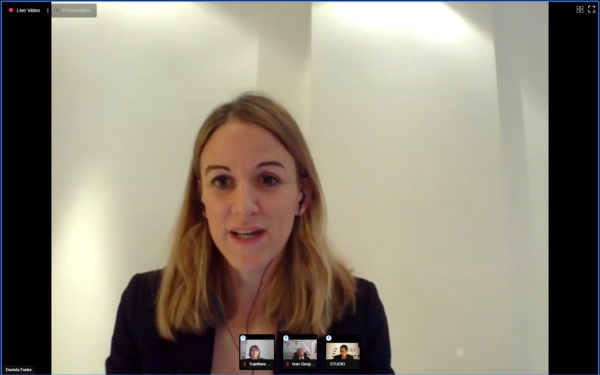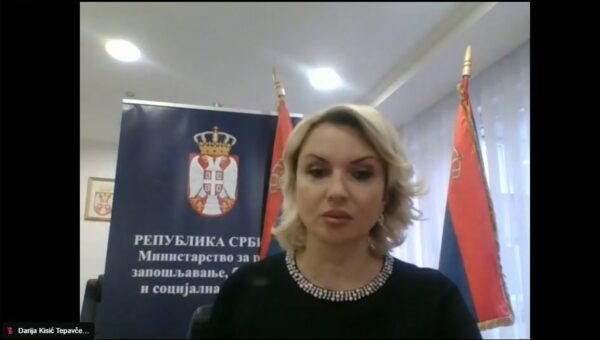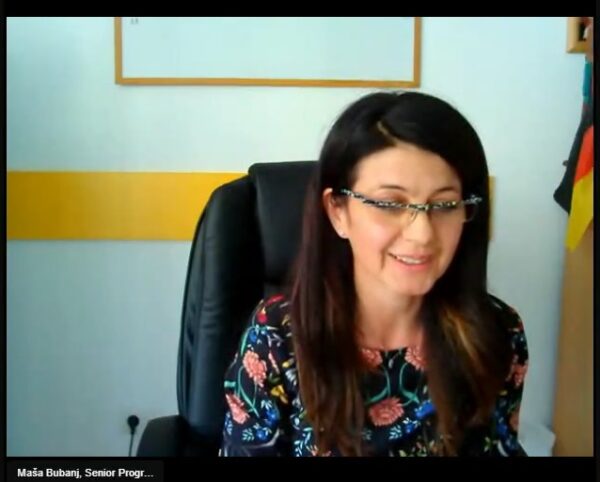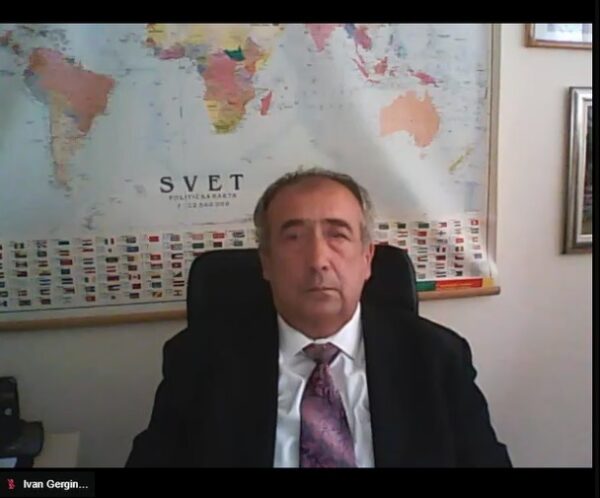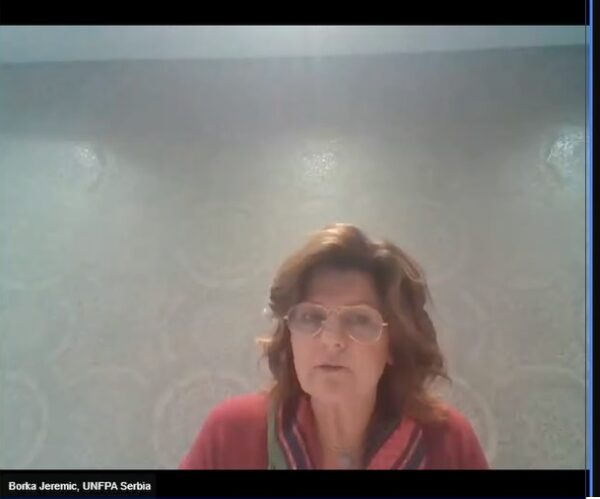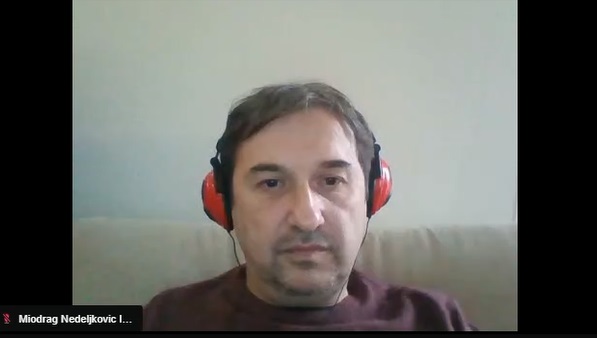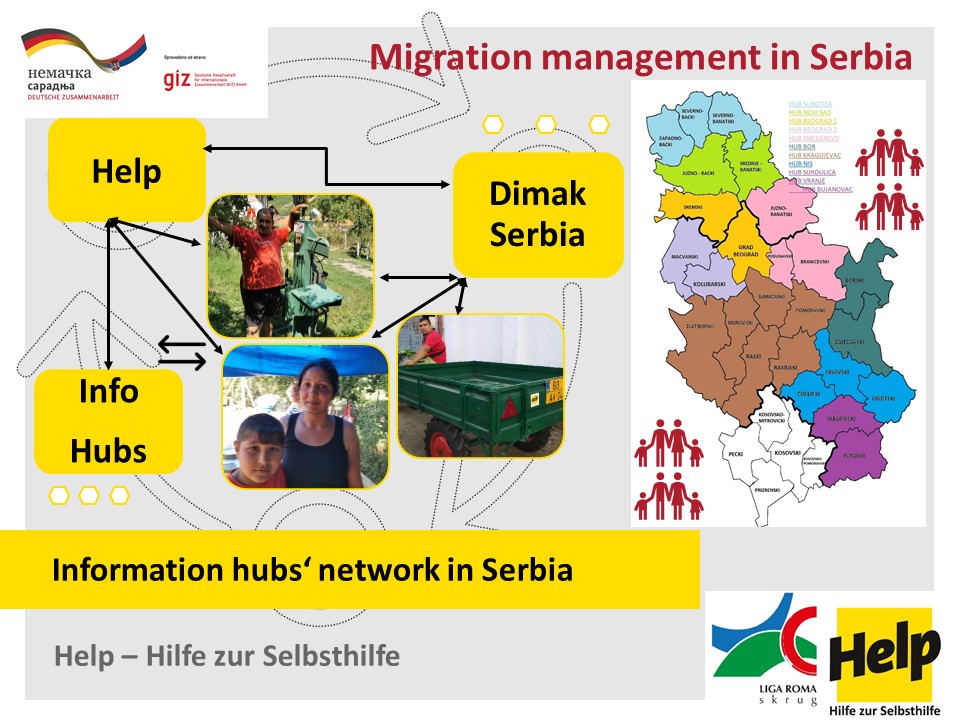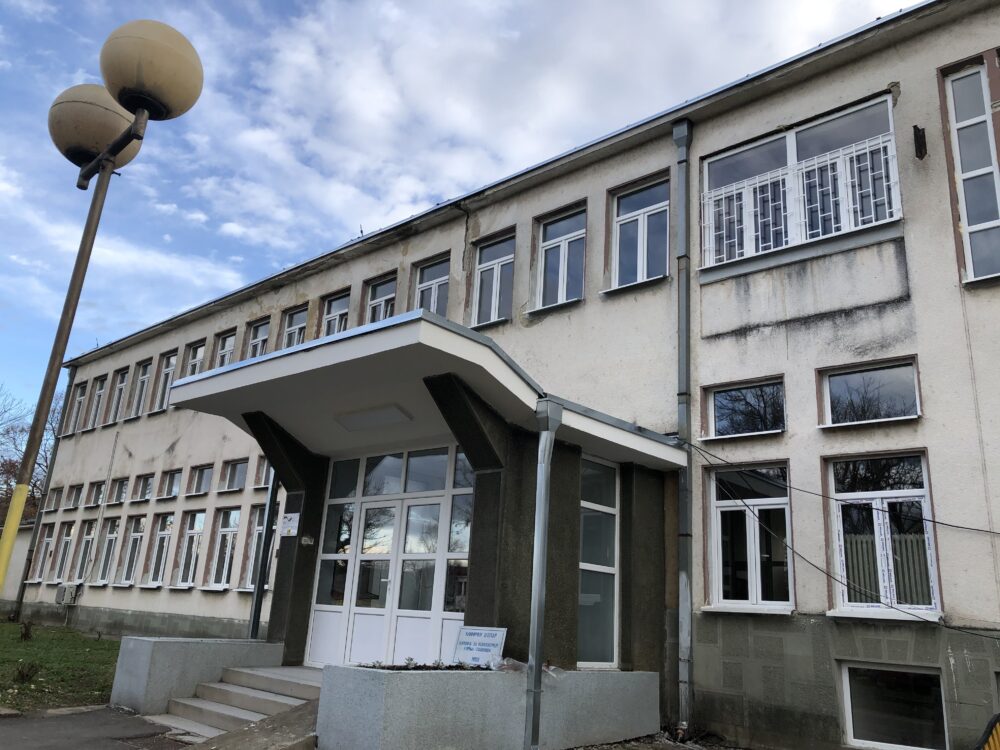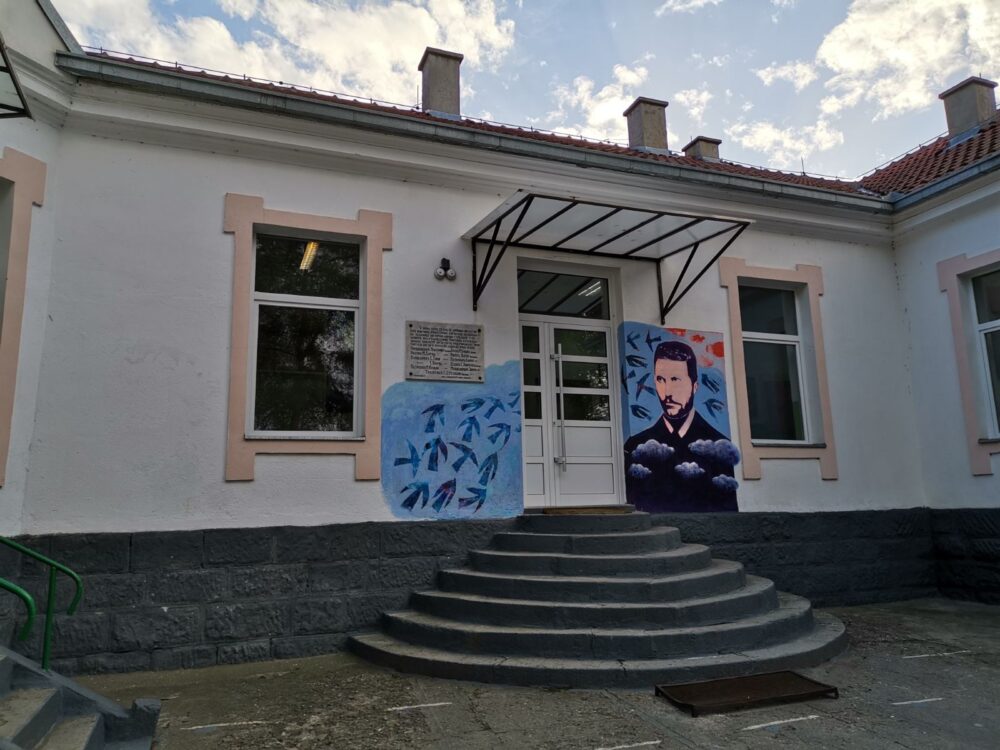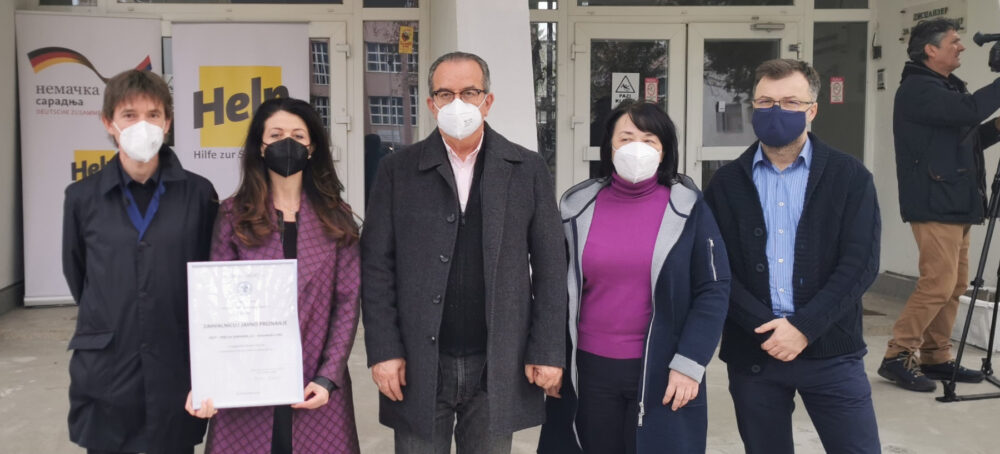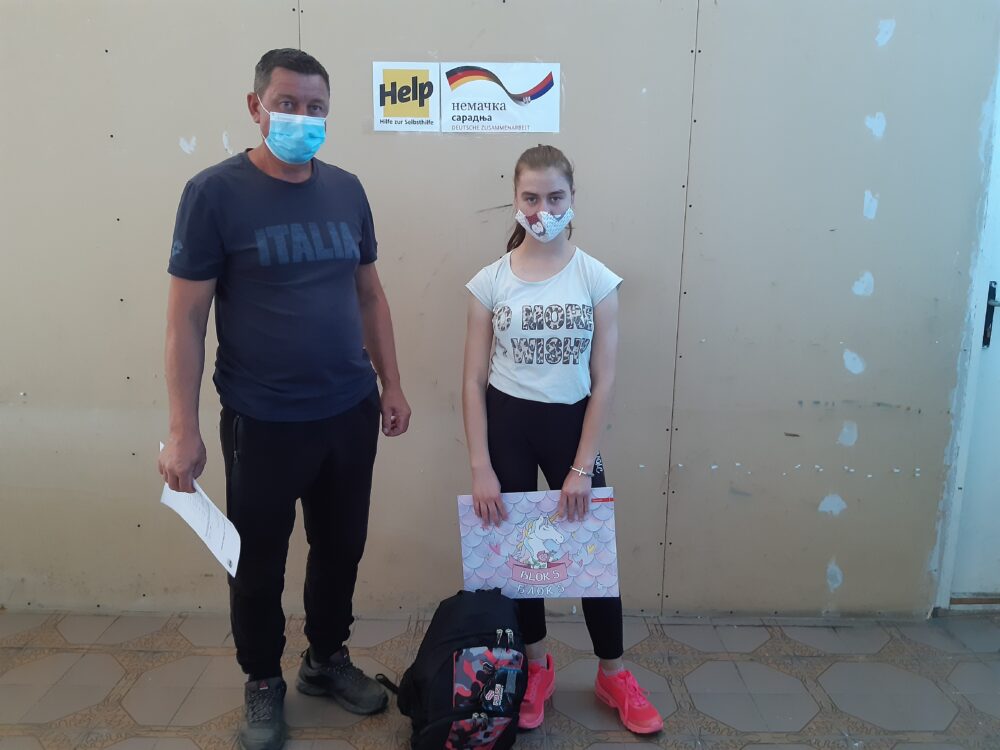Germany continues to help Serbia reintegrate returnees
GIZ online conference “RE:Integrate – return and (re)integration: challenges during the COVID-19 pandemic” by the Global Programe “Migration for Development (PME).
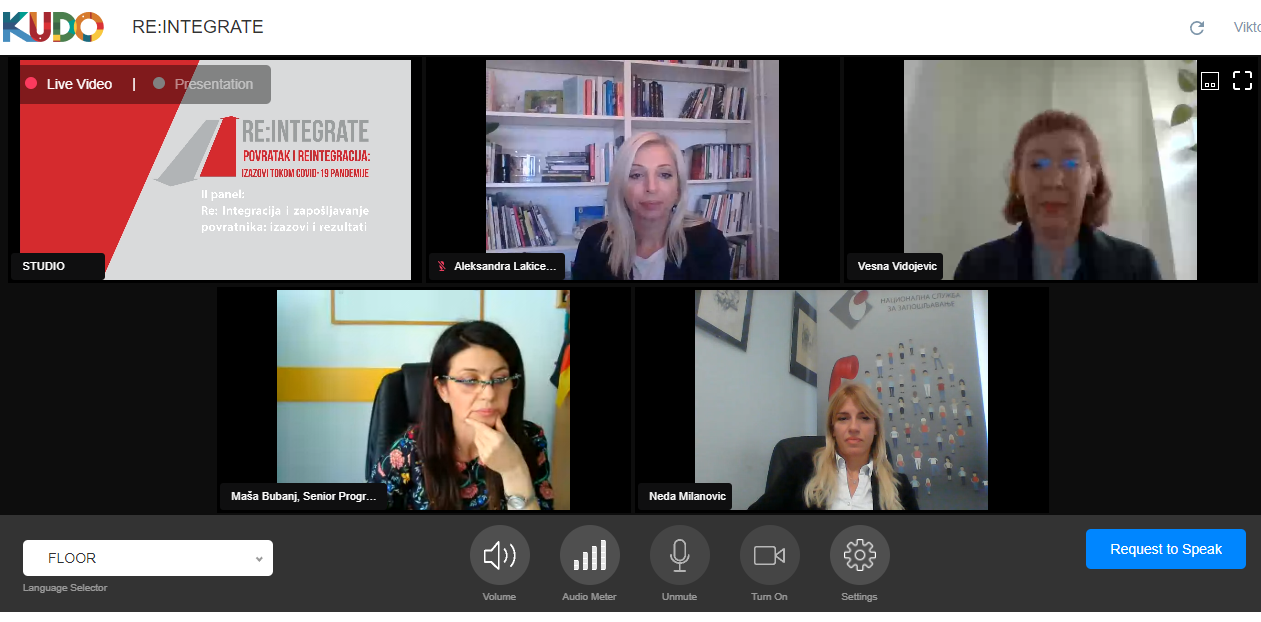
The German Organisation for International Cooperation in Serbia (GIZ) presented the results of work on the reintegration of returnees in the context of the pandemic within the online conference "RE: Integrate - return and (re) integration: challenges during the COVID-19 pandemic", held on 17 November 2020, organized by the Global Program "Migration for Development" (PME), commissioned by the German Federal Ministry for Economic Cooperation and Development (BMZ).
The conference was opened by prof. dr Darija Kisic Tepavcevic, Minister of Labor, Employment, Veterans and Social Affairs in the Government of the Republic of Serbia and
Although the conditions for the reintegration of returnees are difficult in a pandemic, PME, together with partners in state institutions, provided emergency humanitarian assistance to returnees and the most vulnerable local populations and continued to organise other forms of support for them throughout the year. The German Information Center for Migration, Vocational Education and Career (DIMAK) continued to work during the pandemic in an online format and thus provided users with all services without hindrance (8900 support measures provided).
Serbia is one of 13 countries in which the Global Program "Migration for Development" is being implemented, as part of a broader initiative called "Return to New Opportunities", funded by the German Federal Ministry for Economic Cooperation and Development.
Since 2017, more than 100,000 different support measures have been provided, of which more than 12,000 social and economic reintegration measures relate to returnees from Germany who face many challenges, from inclusion in the labour market and education system, to access to social and health services. Program partners, the Commissariat for Refugees and Migration (KIRS) and the National Employment Service (NES), were provided with assistance in equipment and software for remote work. Representatives of the NES and KIRS spoke at two panels. The conference was attended by more than 100 participants, representatives of international organizations, state institutions and civil society organisations.
Project
Migration management and support to return of asylum seekers II
Increasing the social inclusion of vulnerable, improving the living conditions of returnees and extremely vulnerable families and providing the necessary information to returnees regarding readmission.

